What Best Explains The Desire for Moral Transformation?
By Alex McElroy
The reality of a moral law as well as the implications of immoral decisions is all too apparent. History is rife with the fallout from moral disagreement and disengagement. Embedded within the realm of moral epistemology is the problem of evil. Not only does the problem of evil loom large, but also cannot be reduced to a unilateral issue. Feinberg writes, “There is a final respect in which there is no such thing as the problem of evil. In recent years, philosophers have distinguished between a logical form of the problem of evil and an evidential form. Problems about moral evil, natural evil, the quantity of evil, evil’s intensity, apparently gratuitous evil, animal pain, and the problem of hell can all be posed in either a logical or an evidential form.”[1] Both the Christian and the naturalist must attend to the multifaceted problem of evil. The question is who has more warrant for affirming and addressing the reality of some instance of moral evil? The ontological reality of what is morally right or wrong must be validated without gaps in the epistemic chain of how one comes to know what is truly right or wrong. Additionally, the viability of a worldview must be able to justify the moral facts, knowledge, transformation, and the rationality of morality, by which good and evil are evaluated. Naturalism is incapable of meeting this standard on all fronts but here the focus will be solely on moral transformation. It seems that Christian theism provides a more coherent explanation for achieving moral transformation than naturalism.
Moral Transformation
The Apostle John wrote, “Beloved, now we are children of God; and it has not yet been revealed what we shall be, but we know that when He is revealed, we shall be like Him, for we shall see Him as He is” (1 John 3:2, NKJV). The Apostle Paul wrote, “Not that I have already attained, or am already perfected; but I press on, that I may lay hold of that for which Christ Jesus has also laid hold of me” (Phil. 3:12). Scripture is rife with the notion that man is imperfect and in need of a process of perfection. This process is a felt reality by men and women of all worldviews. What is equally felt is the understanding that one cannot complete this process of perfection with the faculties present within himself. This is one of several problems with a naturalistic defense of moral transformation. Naturalism also fails to provide a target by which one could determine if transformation has been achieved. Finally, the deterministic nature of naturalism cannot sustain the mechanisms necessary for moral transformation.
Moral Telos
Not only does naturalism lack the means to ground a moral law, it cannot fulfill the desire one has to grow or become more moral. If transformation is the goal there must be a telos, or purpose. Whether transformation has taken place cannot be accurately assessed unless there is a target for one to aim at. Naturalism cannot tell a man where to direct his moral growth; therefore he never knows if he arrives. Baggett and Walls write, “Despite the prodigious efforts of some secularists to retain the category of a human telos, Daniel Dennett assumes that, on naturalism, all ultimate explanations must be mechanistic, so that the teleological, where it occurs, must be explained in mechanistic terms. This is potentially question-begging on his part, but it is also just where the theist would demur and reverse the order.”[2]
Without a goal, naturalistic moral transformation is reduced to moral pragmatism. A constantly shifting goalpost further impacts any process of moral transformation. What some people used to consider morally acceptable two hundred years ago (i.e. slavery) is no longer deemed morally acceptable. While this is a valid and life affirming change, it demonstrates that the moral code written by men and nations is anything but objective. This brings new life to the saying that you cannot hit a moving target. However, Christianity provides a static target and therefore a consistent and unchanging measure by which to judge one’s moral transformation. God Himself is the ontic point of reference for what one means by the term “good”. Therefore, to be more like Him becomes the goal achieved through a lifelong process of sanctification. Malachi 3:6 and Hebrews 13:8 affirm that God the Father and Jesus are unchanging and co-eternal. The Apostle Peter writes, “but as He who called you is holy, you also be holy in all your conduct, because it is written, ‘Be holy, for I am holy’” (1 Peter 1:15-16). Throughout Scripture, the reality of man’s imperfection is reiterated. However, just as often, the notion that man needs to engage in the lifelong process of submitting to the perfecting presence of God is repeated as well.
Removing God, as the ontic point of reference, by whom and to whom humanity is directed has severe implications. The atheist Friedrich Nietzsche who wrote the parable of the madman, where he proclaimed the “Death of God”, which is to say, the death of the idea of God captures this well. Entailed within this belief is the idea that God is no longer a necessary entity for the existence of a moral code. He wrote:
Where has God gone?’ he cried. “I shall tell you. We have killed him – you and I. We are his murderers. But how have we done this? How were we able to drink up the sea? Who gave us the sponge to wipe away the entire horizon? What did we do when we unchained the earth from its sun? Whither is it moving now? Whither are we moving now? Away from all suns? Are we not perpetually falling? Backward, sideward, forward, in all directions? Is there any up or down left?[3]
Nietzsche recognized that removing God would remove all barriers, which previously contained man’s moral capabilities. Nietzsche asks, “Whither are we moving now?…Are we not perpetually falling? Backward, sideward, forward, in all directions? Is there any up or down left?” In other words, where does humanity find purpose and through what means can morality remain objective? Without a goal, the game becomes aimless. Therefore, moral transformation can never take place, because without an objective the quest for moral transformation becomes a moral hamster wheel. There is no way to affirm progress even if it does take place.
Means for Moral Transformation
Bertrand Russell wrote:
That man is the product of causes which had no prevision of the end they were achieving; that his origin, his growth, his hopes and fears, his loves and his beliefs are but the outcome of accidental collocations of atoms; that no fire, no heroism, no intensity of thought and feeling, can preserve an individual life beyond the grave; that all the labors of the ages, all the devotion, all the inspiration, all the noonday brightness of human genius, are destined to extinction in the vast death of the solar system, and that the whole temple of man’s achievement must inevitably be buried beneath the debris of a universe in ruins—all these things, if not quite beyond dispute, are yet so nearly certain that no philosophy which rejects them can hope to stand. Only within the scaffolding of these truths, only on the firm foundation of unyielding despair, can the soul’s habitation henceforth be safely built.[4]
The lovely portrait Russell paints notwithstanding, an “accidental collocation of atoms” does not provide the foundation for eventual appeals to objective morality. Accidents cannot produce intent. However, moral values and their counterparts remain steadfast in spite of any one individuals knowledge of them. Additionally, pure naturalism is also pure determinism. Libertarian free will is a necessary prerequisite for making moral decisions.
The free will necessary for human beings to make moral choices is well founded in Christian theism, but the deterministic components of naturalism do not provide an epistemically sound pathway for humans to arrive at moral transformation. Baggett and Walls write,
Meaningful agency is a central piece of the human puzzle, distinguishing us from both animals driven by instinct alone and automatons following their programming. Genuine free will requires, at a minimum, the sort of agency enabling morally significant decisions for which we can be properly ascribed blame or praise. In a naturalistic world, such freedom, we think, is hard to come by.[5]
Naturalism forces humans to rely purely on the aptitudes present within him or herself. What becomes clear as one progresses through life is that in order to achieve moral perfection one would need to have access to someone that exemplified such a standard and has the capability to endue her with the capacity not currently present within herself. Christianity posits such an individual in the person of Jesus Christ. Through faith in Christ, the Holy Spirit is deposited into the life of the Christian, thereby allowing him to be transformed into something that he is not. God does not lock humans into static states of deterministic behavior, but through free will allows individuals to acquiesce to His nature and moral standard. Christianity provides the means for moral transformation.
Conclusion
Most people can identify with the longing to be more moral than one was last year. Christianity provides a purpose for that longing as well as the means through which it may be achieved. Without God, this longing becomes very peculiar and even worth denying. For this reason, Christian theism provides a more coherent explanation for moral knowledge, facts and rationality, as well as for achieving moral transformation than naturalism. Lewis wrote, “If I find in myself a desire which no experience in this world can satisfy, the most probable explanation is that I was made for another world.”[6] To this one could add, if moral transformation is the goal and no one in this world can achieve it of his or her own volition, then perhaps something or someone otherworldly is needed.
Notes
[1] John Feinberg, The Many Faces of Evil: Theological Systems and the Problems of Evil. (Wheaton, IL: Crossway, 2004), 24.
[2] David Baggett and Jerry Walls, God and Cosmos: Moral Truth and Human Meaning. (New York: Oxford University Press, 2016), 269.
[3] Friedrich Nietzsche (translated with commentary by Walter Kaufmann), The Gay Science: With a Prelude in Rhymes. (New York, NY: Vintage Books, 1974), 181.
[4] Bertrand Russell, Mysticism and Logic. (New York: Barnes & Noble, 1917), pp. 47–48.
[5] Baggett, God and Cosmos, 277.
[6] C.S. Lewis, Mere Christianity. (New York, NY: Harper Collins, 1952), 136.
Recommended resources related to the topic:
Legislating Morality (mp4 download), (DVD Set), (MP3 Set), (PowerPoint download), and (PowerPoint CD) by Frank Turek
Legislating Morality: Is it Wise? Is it Legal? Is it Possible? by Frank Turek (Book, DVD, Mp3, Mp4, PowerPoint download, PowerPoint CD)
Is Morality Absolute or Relative? by Dr. Frank Turek DVD, Mp3 and Mp4
Alex McElroy is an international speaker, apologist, leadership advisor, author of the book “Blueprint for Bible Basics” and writer for the blog “Relentless Pursuit of Purpose.” He is one of the founding Pastor’s of at Engage Community Church and formerly the Pastor of Education at New Life Covenant Southeast Church, led by Pastor John F. Hannah with 20,000 members. For over 14 years Alex has served in both youth and adult teaching ministries. Alex has also trained hundreds of teachers and ministers so they are equipped to deliver lessons in Biblical study, purpose, leadership and Apologetics in order to maximize their effectiveness in and for the Kingdom of God. He is a firm believer that everyone is born on purpose with a purpose. He teaches people all over the world to find the purpose God has placed inside of them and to deliver it to the world.

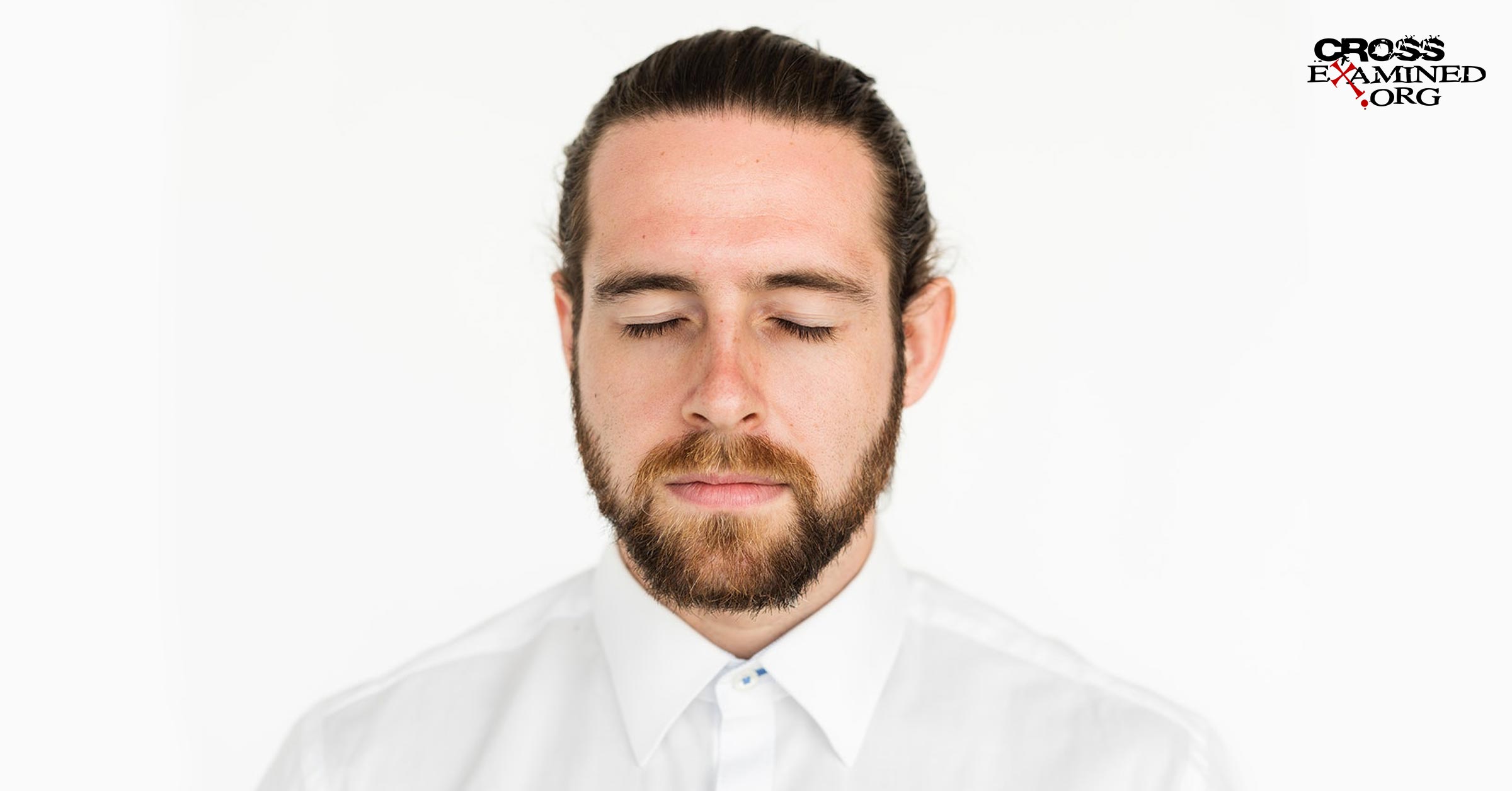
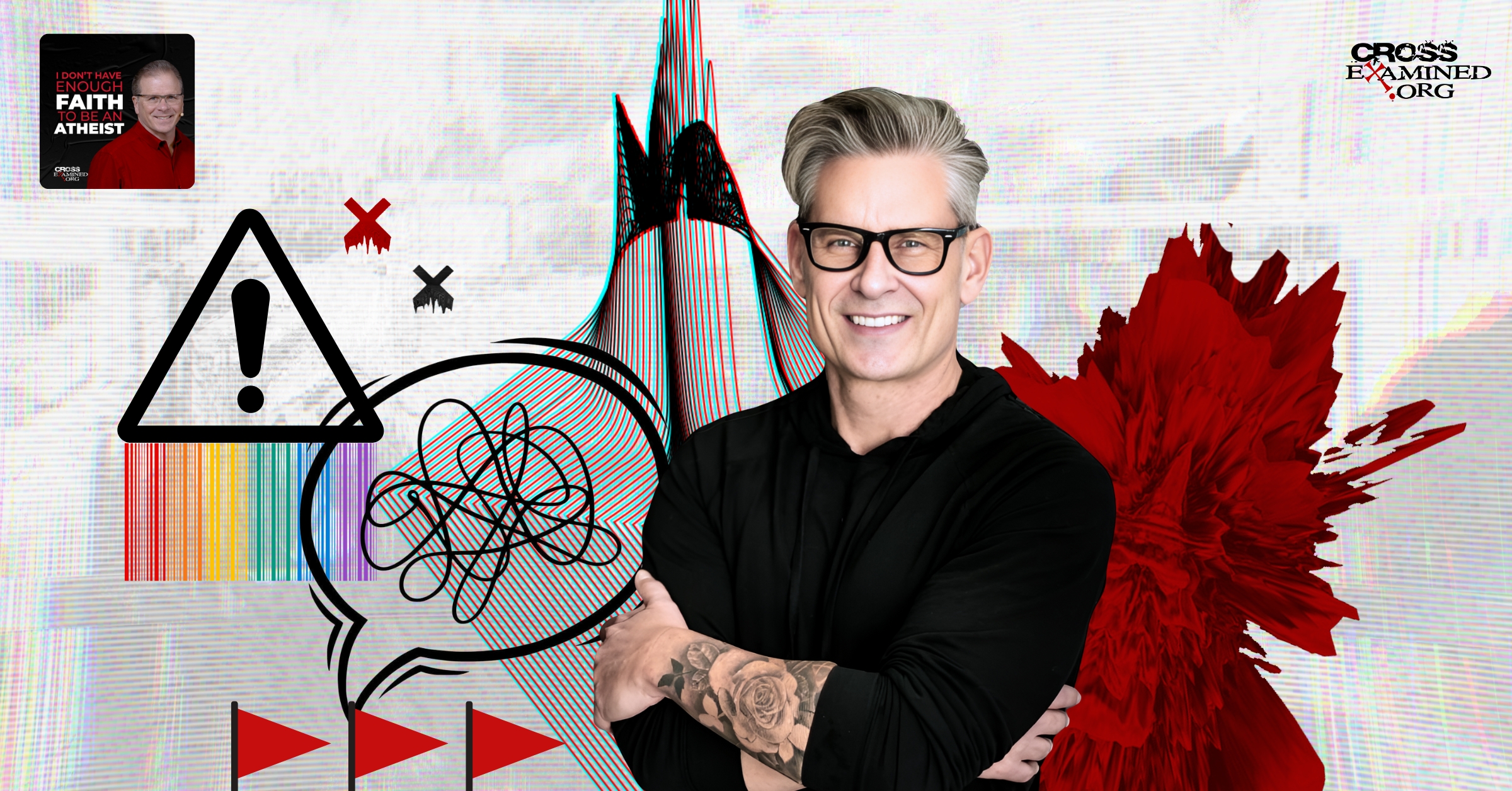
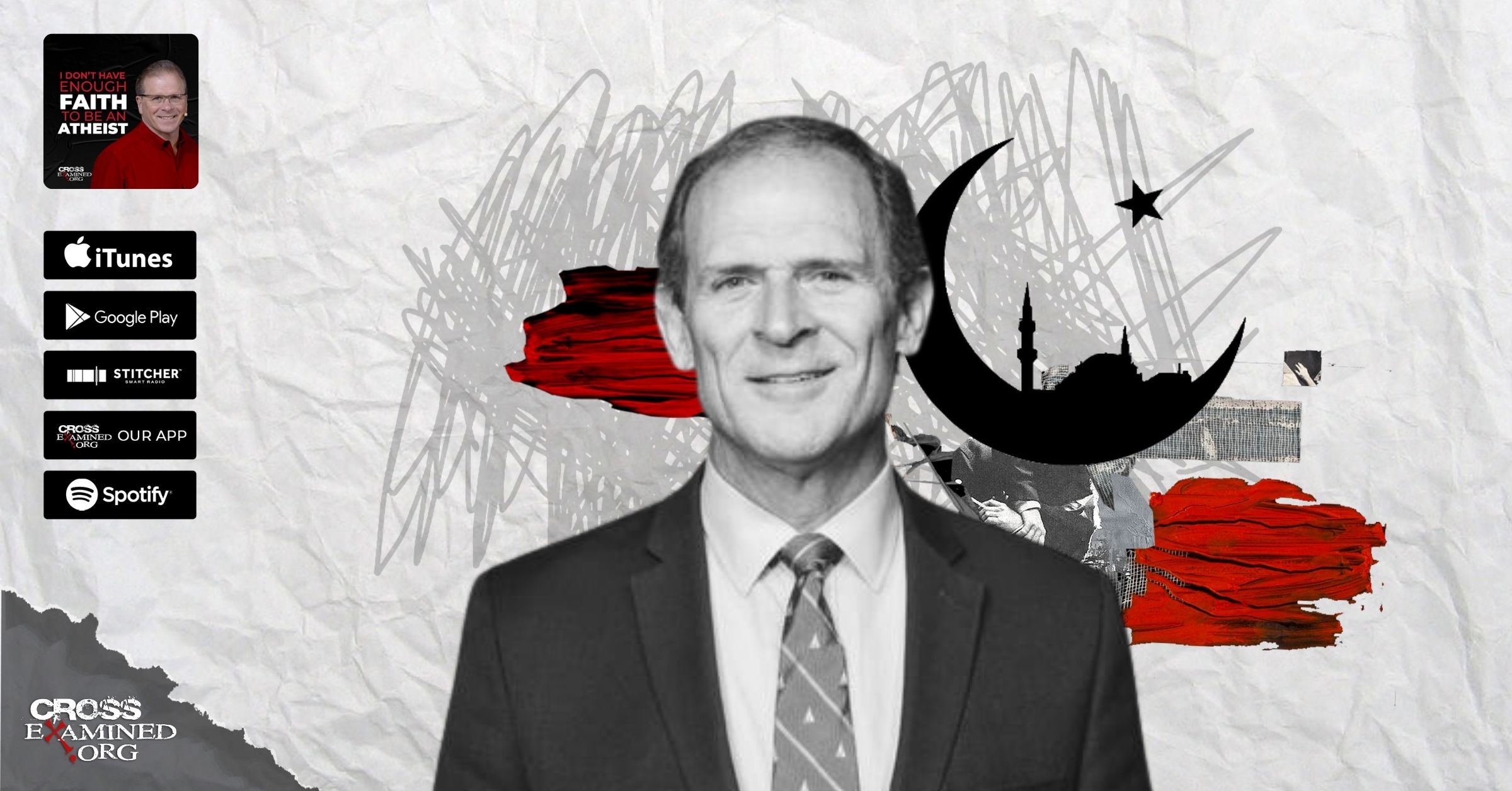



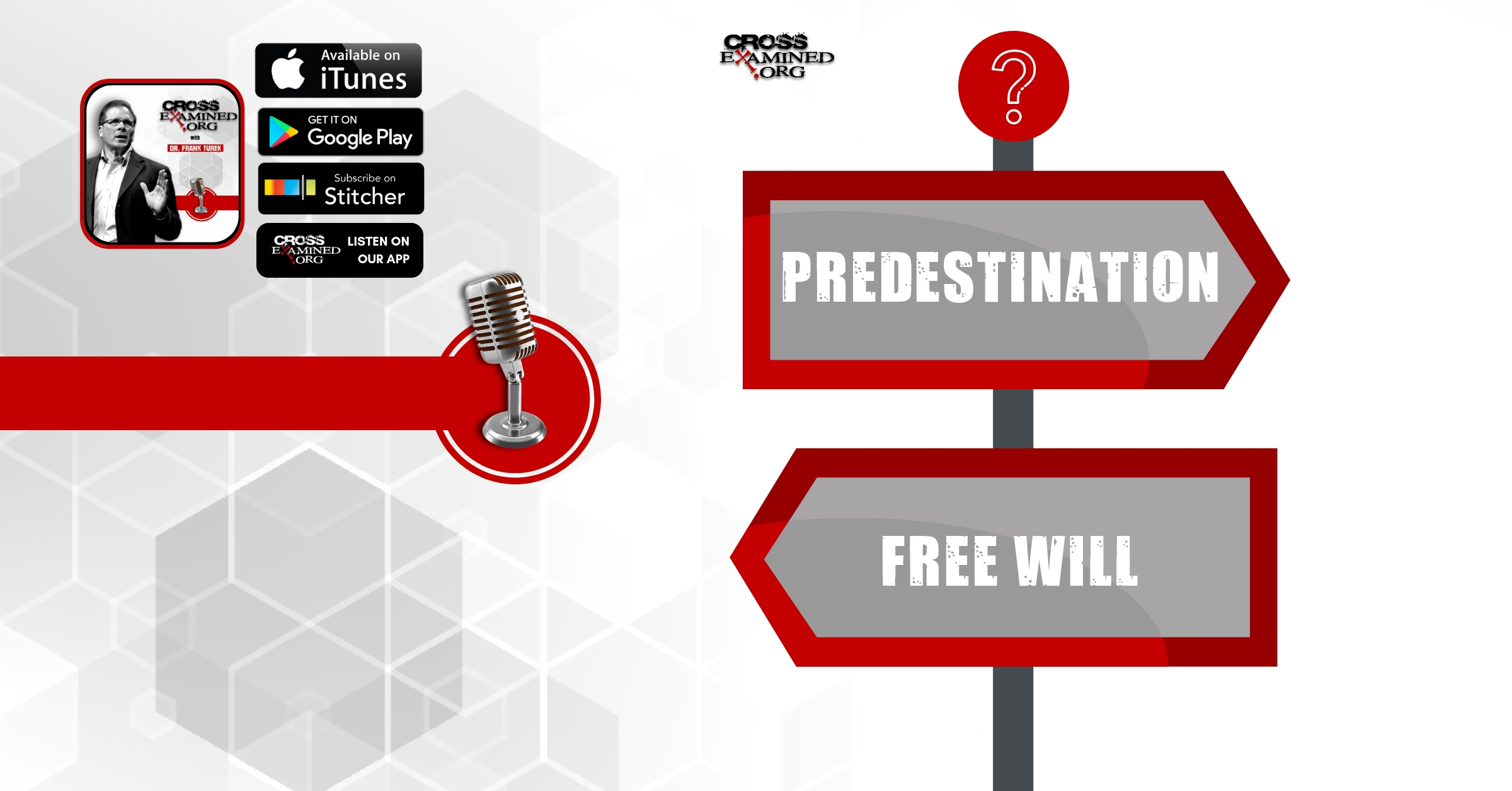
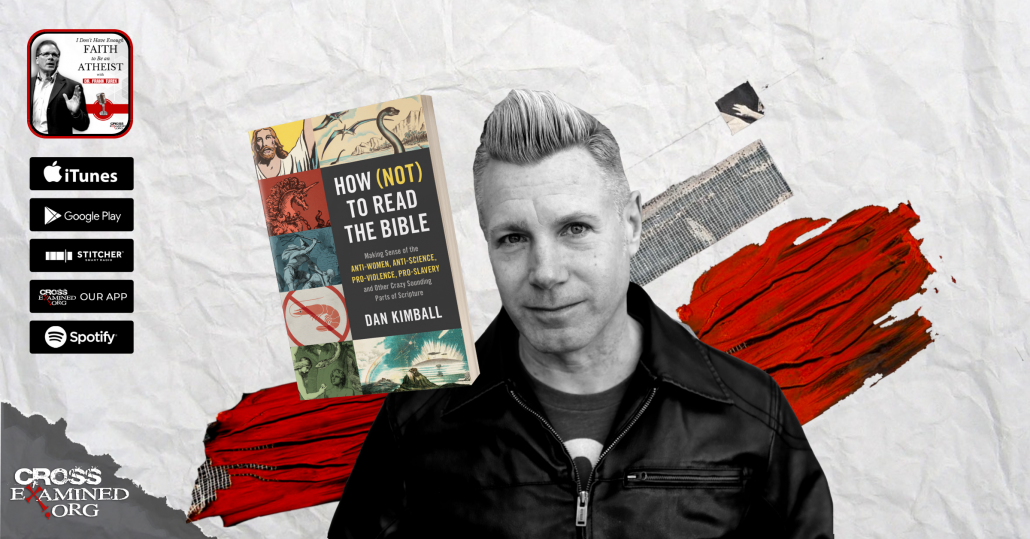

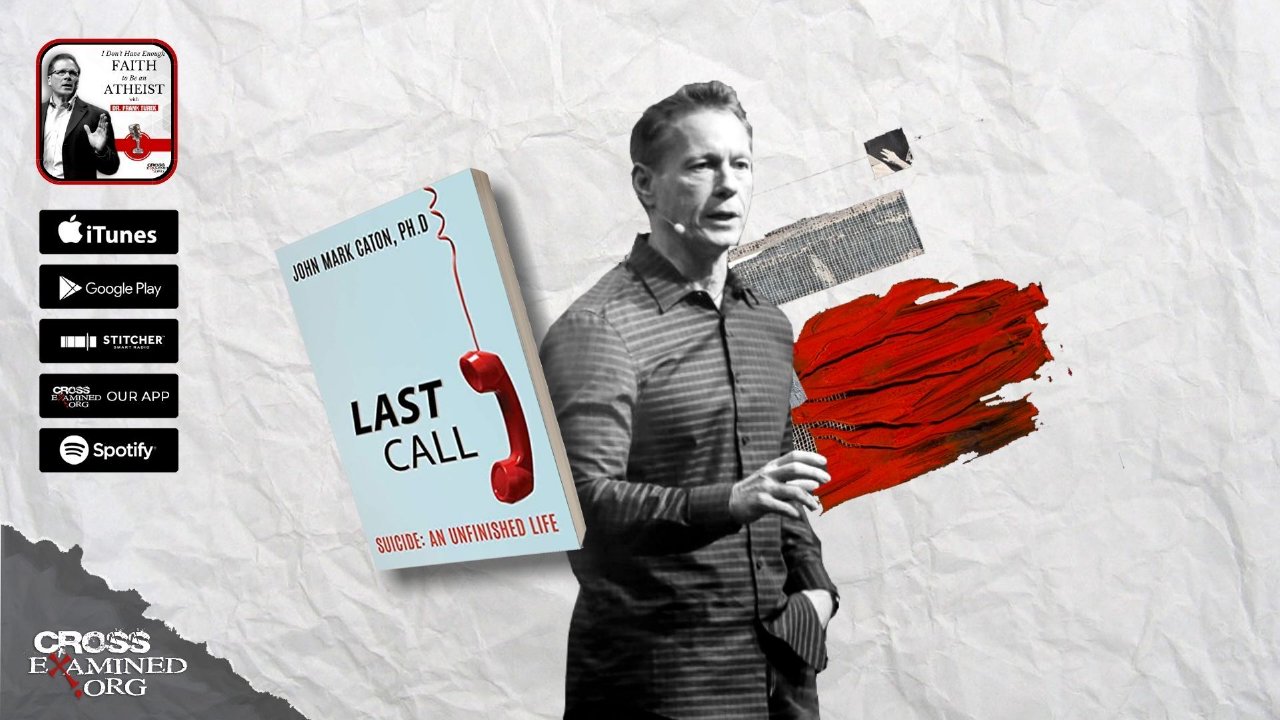

Leave a Reply
Want to join the discussion?Feel free to contribute!